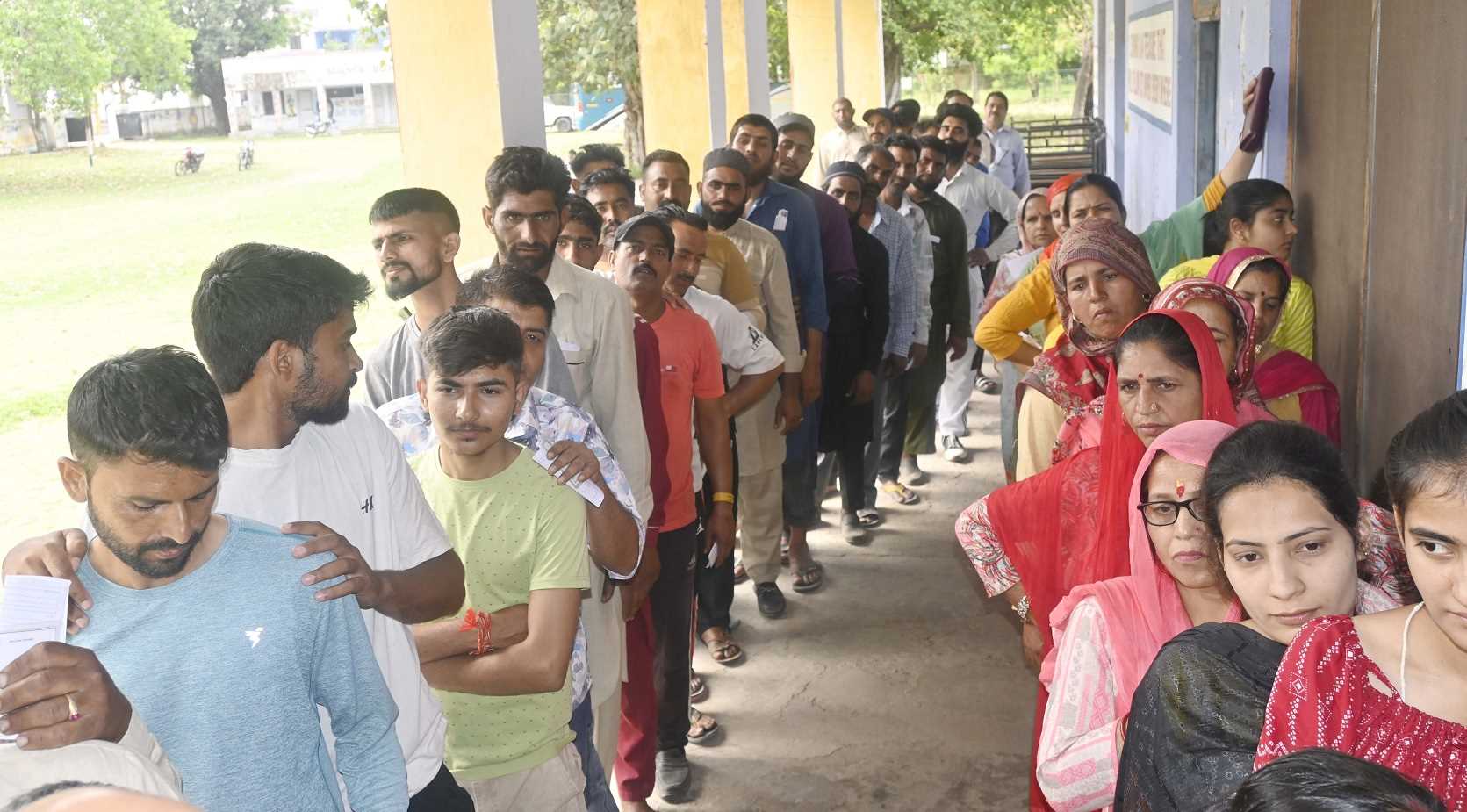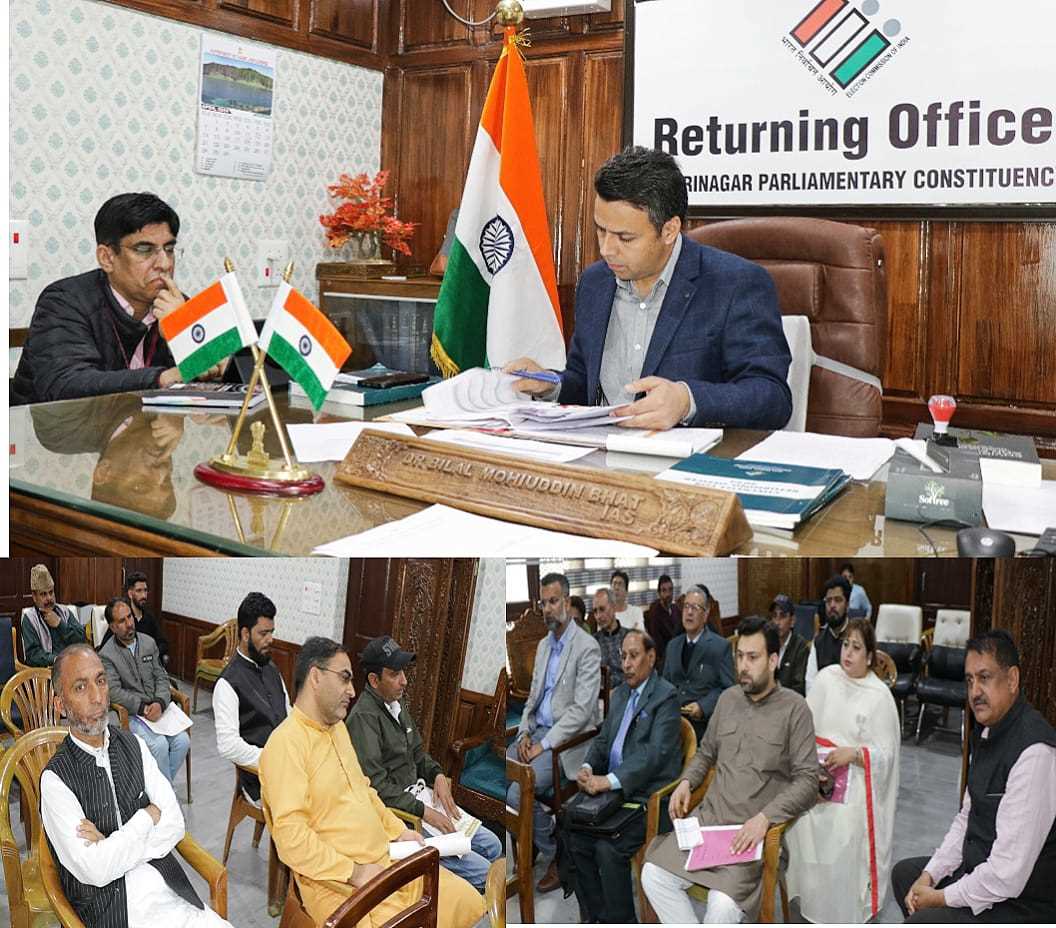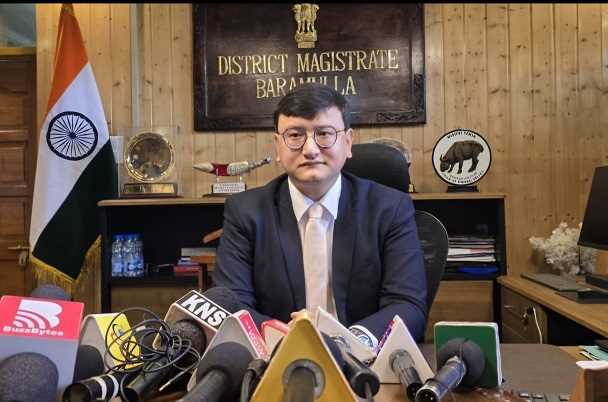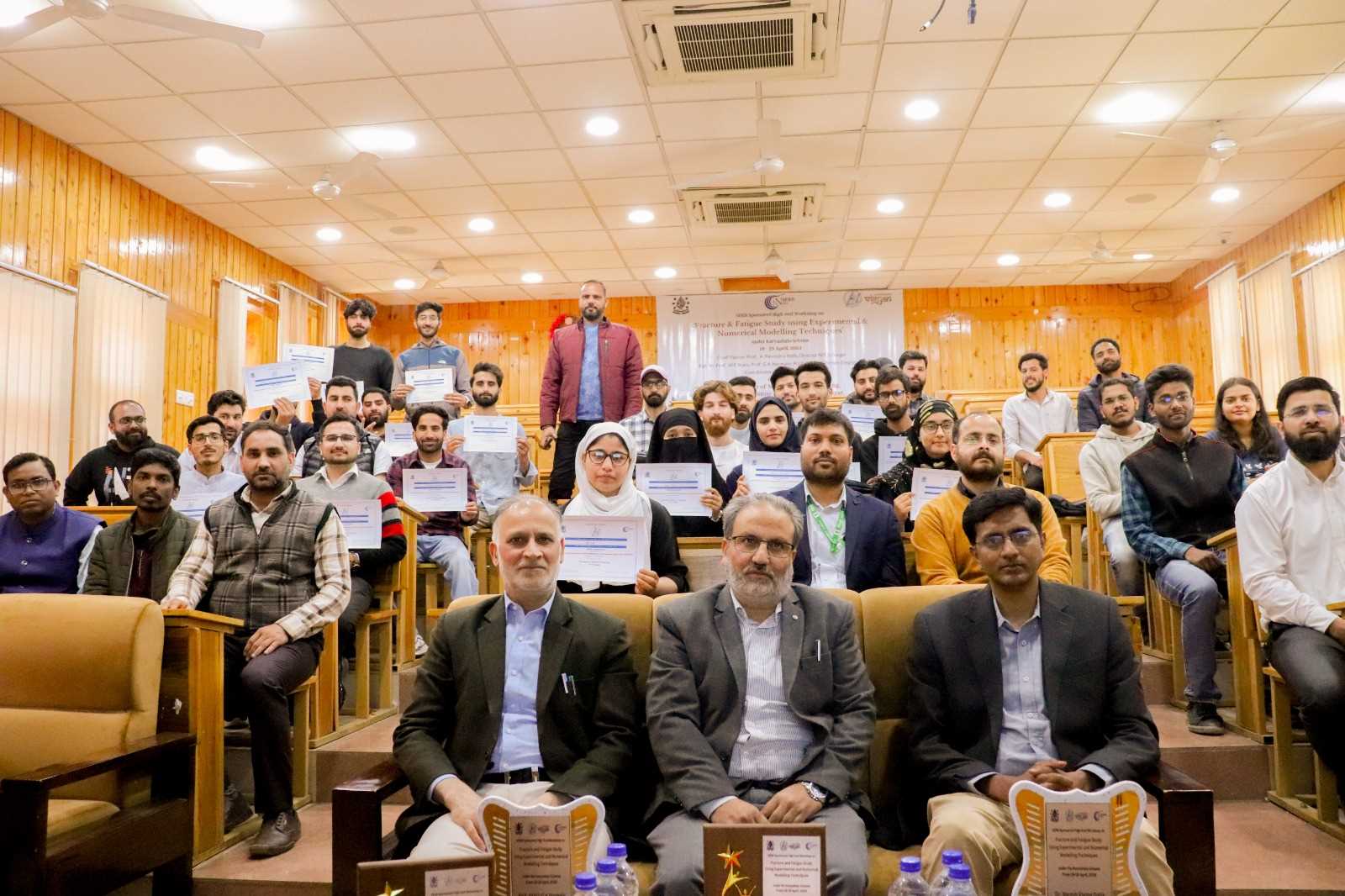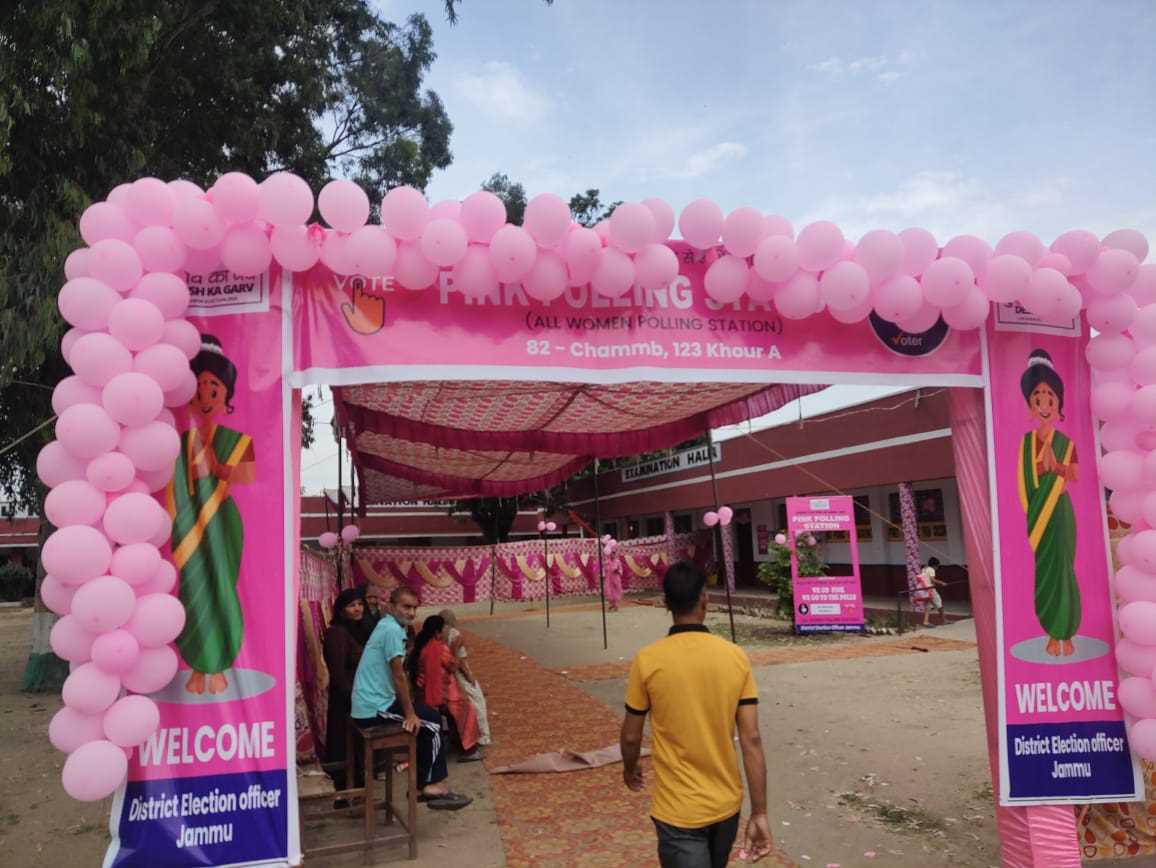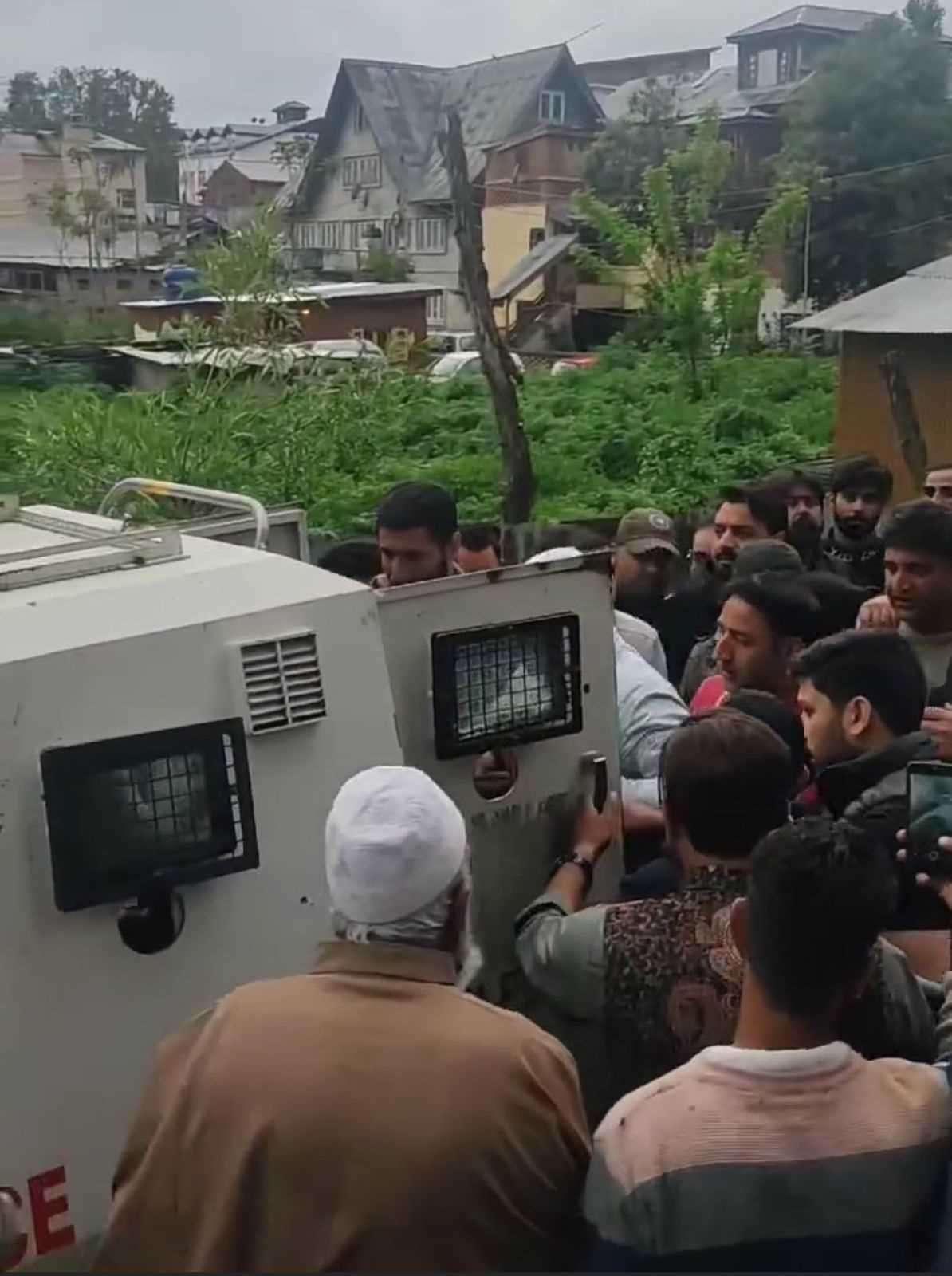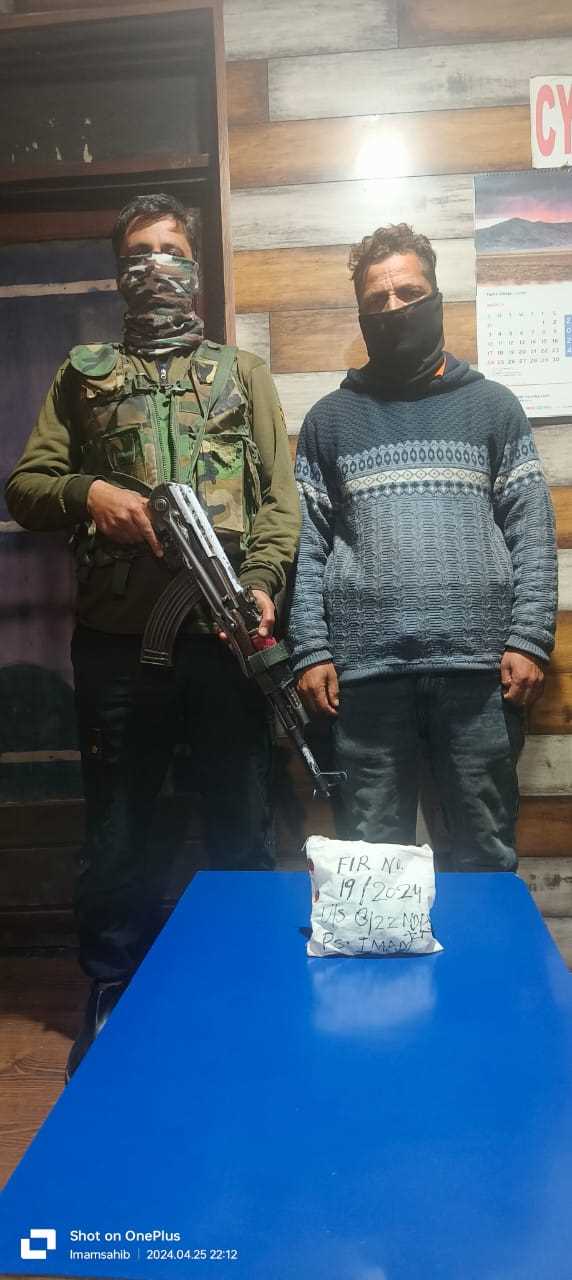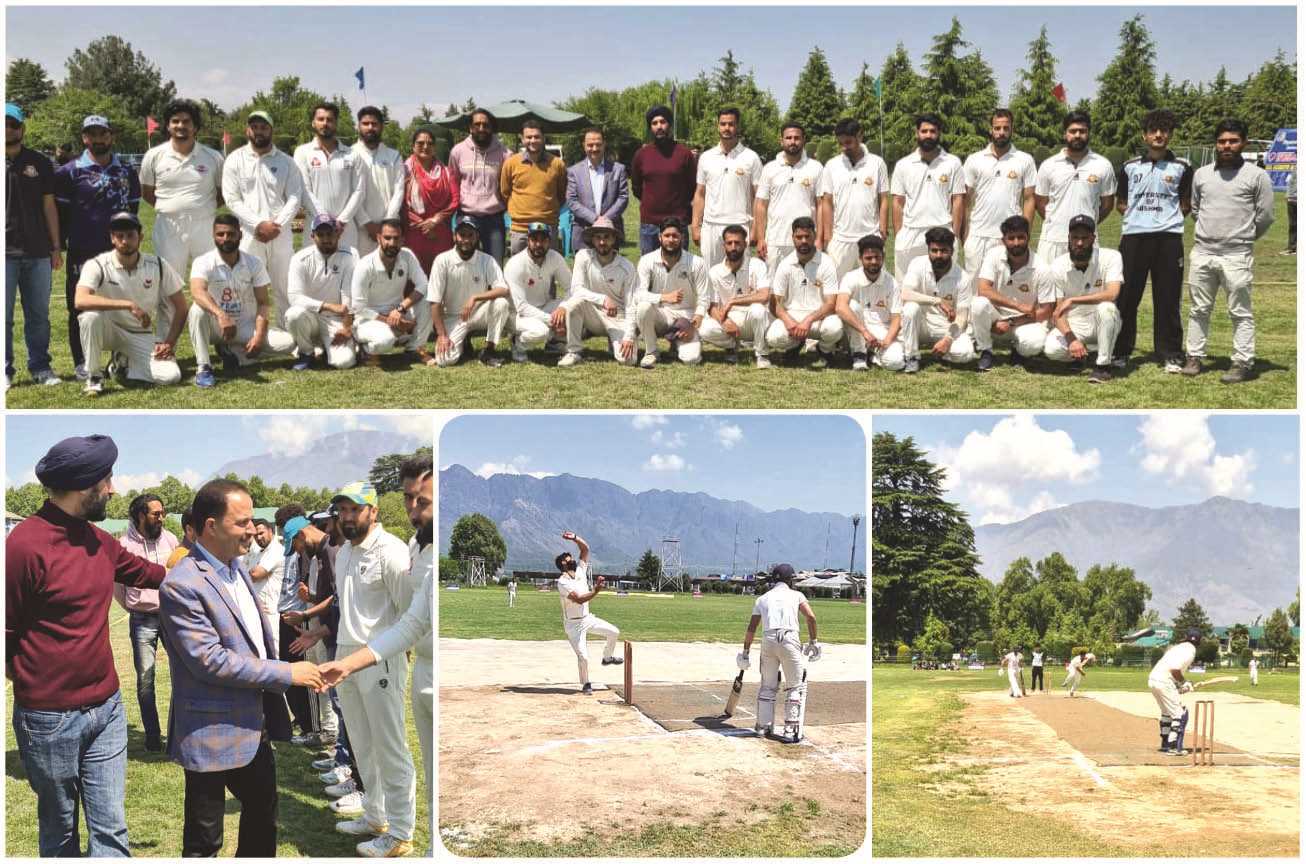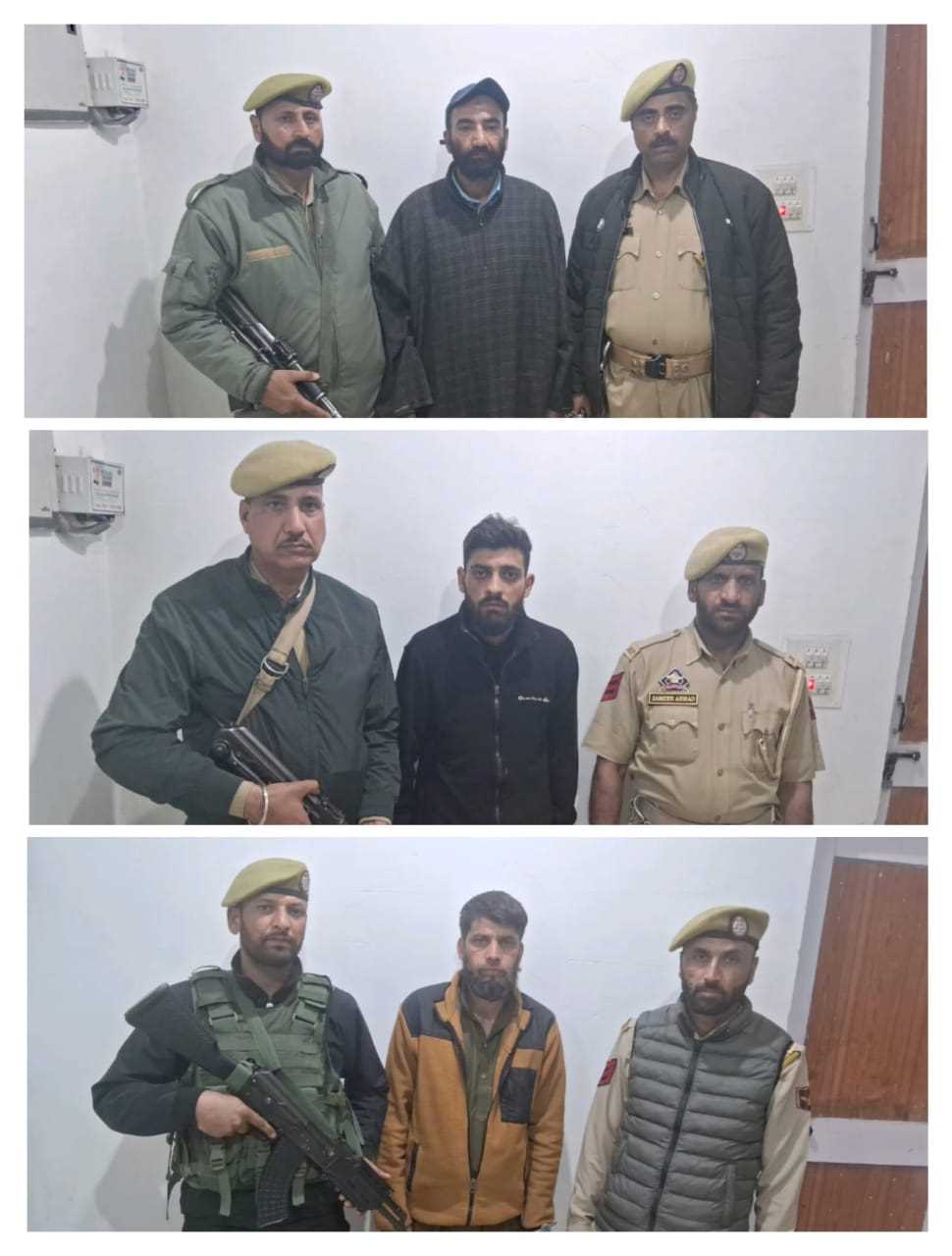“I remain extremely busy. However, sometimes, I find time to go through the articles of
Javaid. The newspaper, it seems, perceives the problems faced by the quom (community). This is the reason why people like Javaid. And that has made it the most popular newspaper of Jammu.” This is how, Quaid-e-Azam Muhammad Ali Jinnah expressed his opinion about Javaid. (Javaid, January 4, 1944)
A few months after this letter appeared in Javaid, the government declared Javaid a C-grade newspaper. Grading of newspapers is done, even today, on the basis of their circulation. Pundit Prem Nath Bazaz, the editor of Hamdard did not subscribe to Allah Rakha Sagar’s ideology. Sagar was a staunch supporter of the Muslim Conference and held Bazaz responsible for the creation of the National Conference. But, notwithstanding his political belief, Bazaz responded to the government decision by writing an editorial in the March 29, 1945 issue of Hamdard.
The editorial reads, “We do not subscribe to the ideology ofJavaid. But we must admit that Javaid is an influential paper in contemporary Jammu Kashmir. We firmly believe that this newspaper highlights the problems of Muslims in a bold and effective manner. No other newspaper can do that. Its articles are very serious and thought provoking. It is highly unfortunate that the Javaid has been listed amongst C-grade papers.” This is howSagar’s adversary admitted his potential.
Sagar had roots in a Bhat family of Bijbehara, Kashmir. The family (Sagar’s ancestors) migrated to Jammu and settled at erstwhile Urdu Bazar (Rajinder Bazar). The family prospered and purchased most of the shops in Urdu Bazar. Sagar started taking part in politics and became the closet aide of Chowdhury Ghulam Abbas. Sagar was to Abbas what Moulana Masoodi was to Sheikh Adullah. It is believed that most of the speeches
of Sheikh Muhammad Abdullah were written by Moulana Masoodi and those of Abbas by Allah Rakha Sagar.
Sagar got elected unopposed to Praja Sabha on Muslim Conference ticket from Jammu (Khas) in April 1938. The victory speaks volumes about his popularity in Jammu. After getting elected he helped Chowdhury Abbas in his election campaign.
Allah Rakha supported conversion of Muslim Conference into National Conference and even delivered a speech in favour of the conversion during the Pathar Masjid Session. However, he later went back to Muslim Conference. He gave reasons for going back to Muslim Conference in an interview with Muhammad Yusuf Teng at latter’s residence in Liyaqat Road, Rawalpindi on March 1, 1983. (The interview has been published in Hamara Adab - Shuksiyaat Number, Vol. 3, published by Cultural Academy in 1986-87)
Sagar told Teng, “All of us including Bakshi Ghulam Muhammad and Moulana Masoodi were against the creation of National Conference, but the only person who opposed it in the Working Committee meeting was Moulvi Abdullah Vakil. But, Sheikh Sahib and his supporters presented strong arguments in favour of the conversion. Sheikh Sahib and his supporters, especially Prem Nath Bazaz, would tell us that all citizens of Jammu Kashmir and not necessarily Muslims were the victims. They would tell us about the miserable
plight of the Jammu Dalits.
They also told us that if the movement continued from the Muslim Conference platform, the Maharaja and Hindus outside Jammu Kashmir would treat it as Muslim rebellion against a Hindu ruler.” Sagar also narrated the story of Bakshi’s and Masoodi’s betrayal to Teng. “Not withstanding their silence in the Working Committee meeting, they made me revolt against the conversion and assured me of their full co-operation. I suggested taking the issue to the provincial committees. Sheikh Abdullah was scared of it and put the issue to vote in the Working Committee. To my dismay, I found Bakshi and Masoodi voting in favour of the conversion.”
In the same interview, Sagar further disclosed, “We thought that the change would remain confined to the state. We had decided that Congress and the Muslim League would have no relation with the National Conference, but later we saw Sheikh Abdullah dancing to the tunes of Nehru. He did not like the Jammu leaders and backed out of his promise of making Abbas the president of the organization.”
Sagar attended the annual session of the Muslim Conference at Jamia Masjid Srinagar and same evening he was arrested along with Chowdhury Abbas and Aga Showkat Ali from a house boat. In 1948, Sagar and other leaders of the Muslim Conference were externed. Sagar was detained in Kathua jail. One day he saw jail staffers cleaning his dingy cell. He was informed about Prime Minister’s (Sheikh Abdullah’s) visit to the jail. Sagar refused to meet Sheikh Abdullah. Later, he was externed through Suchetgarh. He could not even take the back files of his newspaper Javaid along.
In 1964, when Sheikh Muhammad Abdullah visited Pakistan,Sagar did not meet him. He received an invitation to attend the reception but he did not go. Sheikh Sahib’s procession passed through Sagar’s lane, but he did not bother to look out of the window. (ibid)
The person who highlighted the sufferings of the people of Jammu Kashmir remained aloof during his last days. He had confined himself to his room. No visitor was allowed to meet him. He did not even meet some of his relatives. When Sagar finally passed away, nobody in Kashmir knew that the hands of death had strangulated a strong voice.
Email:----din.zahir@gmail.com


